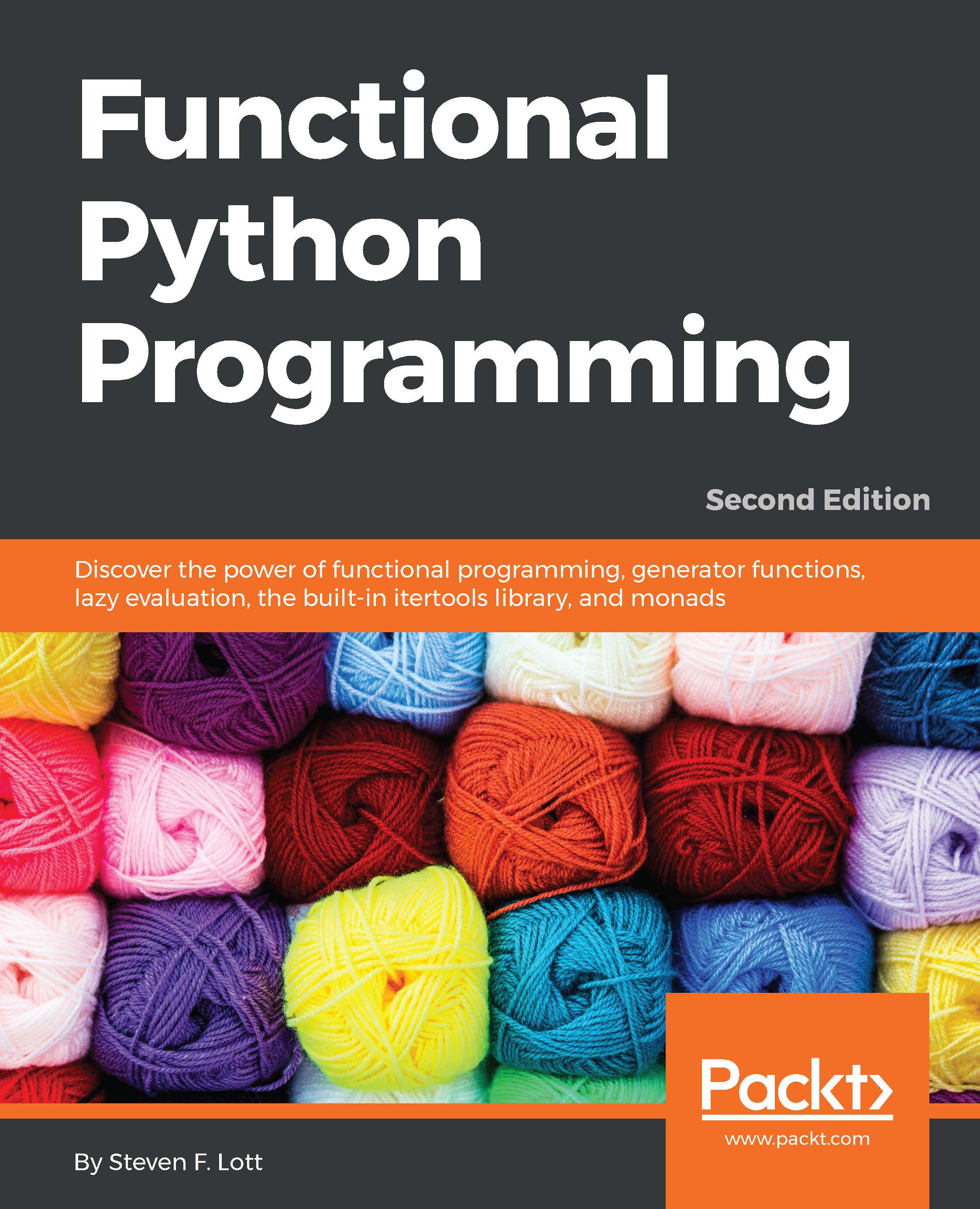Some functional programming languages, such as Haskell and Scala, are statically compiled, and depend on declared types for functions and their arguments. To provide the kind of flexibility Python already has, these languages have sophisticated type-matching rules so that a generic function can be written, which works for a variety of related types.
In Object-Oriented Python, we often use the class inheritance hierarchy instead of sophisticated function type matching. We rely on Python to dispatch an operator to a proper method based on simple name-matching rules.
Since Python already has the desired levels of flexibility, the type matching rules for a compiled functional language aren't relevant. Indeed, we could argue that the sophisticated type matching is a workaround imposed by static compilation. Python doesn't need this...


